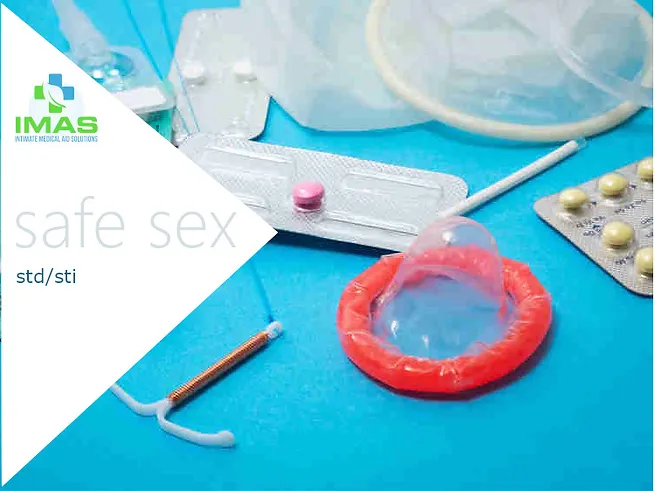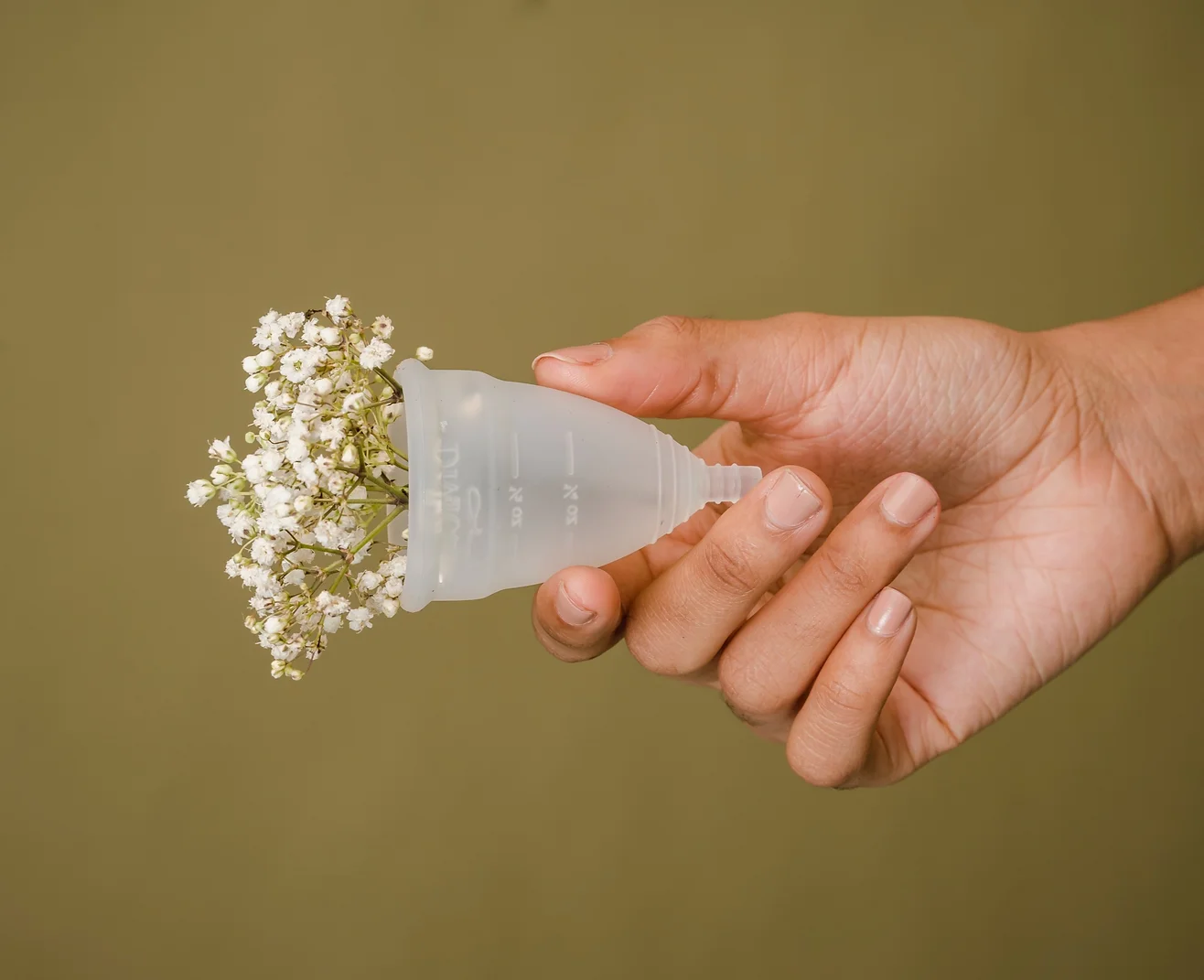
STDsDefinition
STDs, or sexually transmitted illnesses, can spread through any sort of sexual
interaction.
STDs, or sexually transmitted illnesses, can spread through any sort of sexual
interaction.
WhatAreGenitalWarts?
Sexual warts on or near the penis are known as genital warts
GenitalWarts:WhatCausesThem?
The HPV virus comes in different types.
Some can lead to genital warts, while others can induce cervical cancer and other cancers.
Whatconstitutes“safe”sex?
There is no such thing as safe sex, according to health professionals.
They feel that the only way to be completely safe is to avoid having sex because sexual
contact in any form is harmful.
HPV is a virus family with about 150 members, around 40 of which are transferred
from one person to another by sexual or intimate contact.
HPV has infected more than 79 million Americans, with another 14 million being infected over time.
Guidelinesforsafesex
Follow these suggestions for a safe sex experience:
·Consider your options before you begin having sex with your new partner.
First, discuss about previous relationships, history of sexually transmitted illnesses, and drug usage.
HowtoStaySafefromSexuallyTrans
mitted Infections
1. Donotbeginhavingsexwhileyouareextremelyyoung.
Between the ages of 15 and 25, the highest rate of HPV infection is found.
Limit the number of sexual partners you have at any age.
2. Create a Healthier Lifestyle Improving Your Immune System
Healthy, vitamin- and mineral-rich plant-based diets can help to improve the
immune system and protect against Std diseases.
Whatcanyoudotoavoidgenitalwarts?
A set of HPV vaccines should be given to all young individuals between the
ages of 9 and 11.
Teenagers and adults can receive the immunization (up to 45 years of age).
This is an effective strategy to avoid HPV-related issues, such as genital warts.
How can I keep warts on my vaginal area from spreading?
· Give up smoking. You may have a higher chance of having warts if you smoke, and warts may reoccur if you smoke.
· If you and your partner only have sex and it’s been at least six months since you were diagnosed with an STD, unprotected sex is safe.
HowCanIPreventSTDsFromSpreading?
Preventing someone else from contracting an STD:
· Put an end to your sex until you and your partner see a doctor and receive treatment.
· Request a re-examination from your doctor.
There are several strategies to lower your risk of contracting a STI:
IsitpossibletoavoidSTDsthroughwashing?
Washing after intercourse does not guarantee that STDs will not develop.
Self-ProtectionandtheProtectionofOthers
Contact with infected skin that is not covered by condoms or other barriers can
spread other sexually transmitted infections such genital herpes, herpes, and
syphilis. Here are some safety recommendations:
· Oil-based products (Vaseline, coconut or other vegetable oils, cosmetics) should not be used because they destroy latex.
· Install a fresh condom between users or wash shared sex devices (dildos, vibrators).
· Used to only having one woman. This entails being in a sexual relationship with only one faithful partner. Make sure you’re both tested for STIs and that you’re both aware of the risks.
Whichcondomisthemostsecure?
Latex condoms are regarded to be quite e
ffective in preventing STDs.
Use polyurethane condoms instead of latex condoms if one of you has a latex
allergy.
Only use cosmetics that are water-based.
The US Food and Drug Administration has authorized both conventional latex
and ultra-thin latex condoms, so they should be safe to use.
When using any of the following, make sure to follow the same rules: – Keep condoms away from direct sunlight and extreme heat, and check expiration dates.
TheFinalConclusion:
HIV is just one of several sexually transmitted infections.
Medication can help with some of them.
Others, including HIV, hepatitis B, and herpes, can’t be cured but can be managed. If left untreated, many can result in major health problems, birth deformities, or even death. Many STIs can be avoided by having safer sex, but not all of them.
Ask your healthcare practitioner right away if: It’s critical that you get tested for
STIs at least once a year:
• You are doing sex actively or regularly
• You have sex with a lot of different people
• Your partner is having sex with people who aren’t in your relationship.

